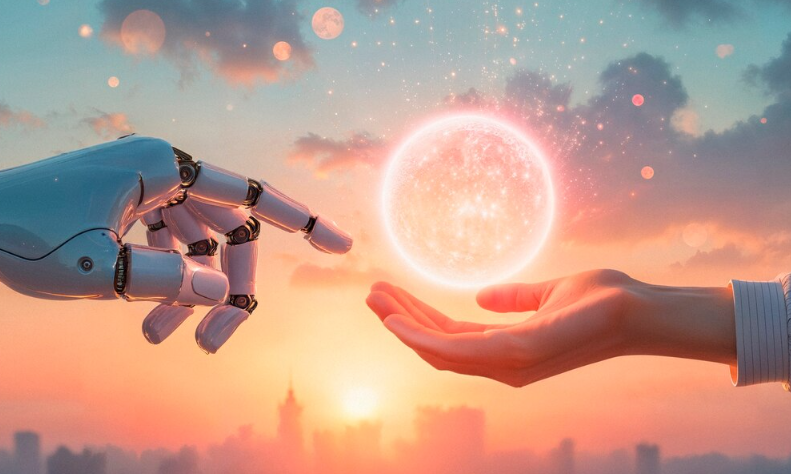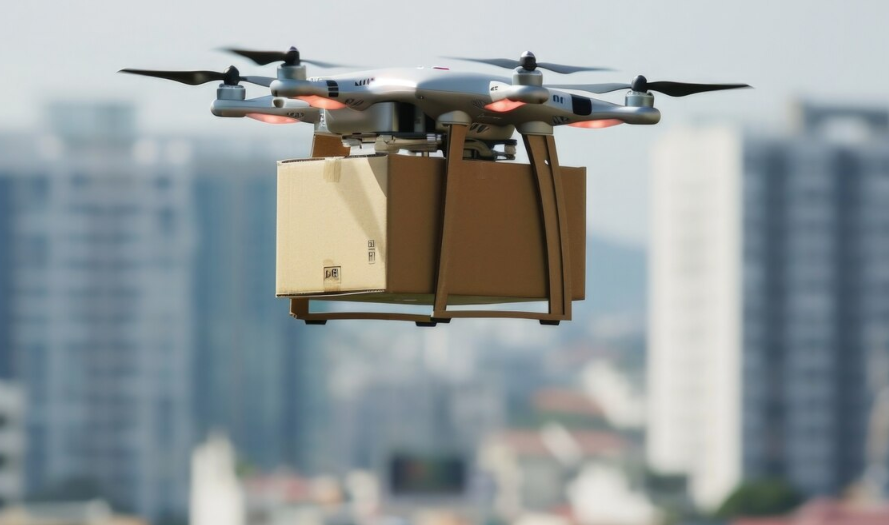Creative writing has long been considered a uniquely human endeavor, fueled by imagination, emotion, and personal experience. However, with the rapid advancement of Artificial Intelligence (AI), the boundaries of creative expression are expanding. AI is not just analyzing text—it is now generating poetry, short stories, and even full-length novels. This evolution raises fascinating questions about creativity, authorship, and the future of storytelling.
How AI Is Being Used in Creative Writing
1. Text Generation
AI models, trained on vast collections of literature, can now produce coherent, stylistically rich writing:
- Story Prompts and Ideas: AI tools assist writers by generating story prompts, character profiles, or plot outlines.
- Co-Writing Partners: Some writers use AI as a collaborative tool, feeding ideas into a system that responds with suggestions or full paragraphs.
- Autonomous Creation: AI can also independently create poems, essays, and stories without human intervention, often surprising users with inventive phrasing and unexpected twists.
2. Editing and Style Enhancement
Beyond content creation, AI tools are revolutionizing the editing process:
- Grammar and Syntax: Automated editing software corrects errors and enhances clarity.
- Tone and Style Adjustments: AI can adapt writing to suit different audiences, purposes, or publication standards, offering real-time stylistic feedback.
3. Personalization and Interactive Storytelling
Interactive storytelling platforms are using AI to personalize narratives:
- Dynamic Plotlines: AI adjusts the storyline based on reader choices, creating unique, tailored experiences.
- Character Development: Systems analyze reader preferences to generate characters that evolve in ways that resonate personally.
Opportunities Brought by AI
AI offers exciting possibilities for writers and readers alike:
- Expanded Creativity: AI can suggest directions or ideas a human writer might not have considered, sparking new creative possibilities.
- Accessibility: Emerging writers, non-native speakers, and people with disabilities can use AI tools to express themselves more effectively.
- Productivity Boost: Routine tasks like brainstorming, editing, and formatting are streamlined, freeing writers to focus more on the art itself.
Challenges and Ethical Considerations
Despite its promise, AI also introduces significant concerns:
- Originality and Authenticity: When an AI generates a text, can it truly be considered “creative” if it is based on pre-existing patterns?
- Intellectual Property: Questions about who owns AI-generated content are still largely unresolved.
- Loss of Human Voice: Over-reliance on AI tools risks homogenizing creative work, potentially diluting the diverse voices that enrich literature.
The Future of AI and Creative Writing
AI is unlikely to replace human writers; rather, it will change the creative landscape. Writers who embrace these technologies can use them as powerful tools to enhance their work, experiment with new styles, and reach broader audiences. At the same time, society must engage in thoughtful discussions about maintaining human creativity, originality, and ethical integrity in an increasingly automated world.
Conclusion
Artificial Intelligence is reshaping creative writing in profound ways. It offers new tools for inspiration, editing, and storytelling, while also posing critical questions about creativity, ownership, and authenticity. As technology continues to advance, the relationship between human writers and AI will likely grow into a dynamic, collaborative partnership—one that redefines what it means to be a storyteller in the 21st century.


